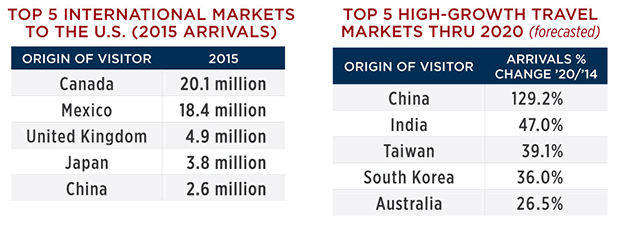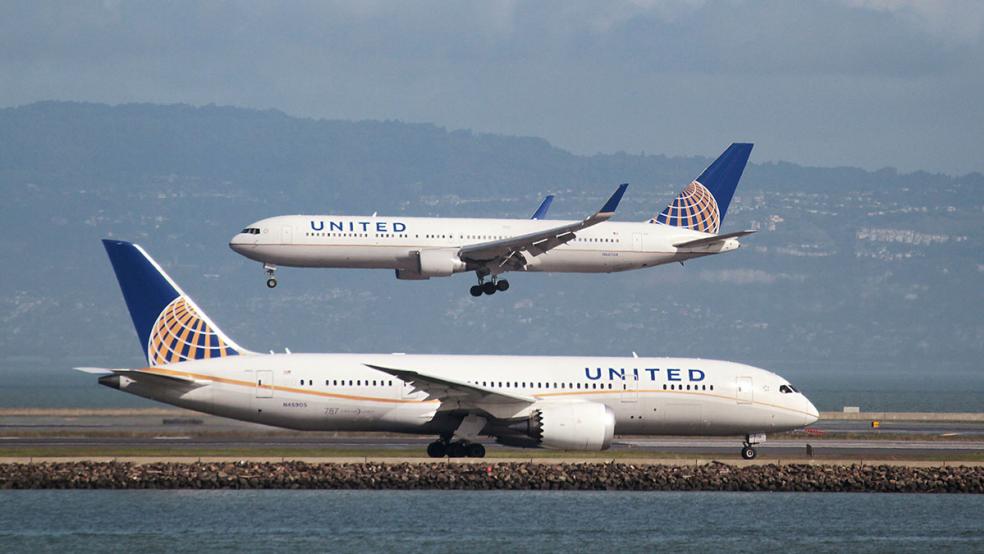President Trump’s controversial travel ban may end up keeping out more people than he originally intended.
Early evidence suggests that fewer would-be travelers from Canada, the United Kingdom and beyond are searching for flights to the U.S. since Trump’s executive order last weekend suspending entry for immigrants and refugees from seven predominantly Muslim countries.
Some of it may stem from opposition to the ban, with some people taking to Twitter to announce they won’t be visiting the U.S. for the next four years, using the hashtag #boycottUSA.
Related: After Three Years of Extreme Vetting, I Nearly Gave Up on My American Dream
This could spell trouble for the U.S. economy if this travel boycott goes from blip to trend. The country welcomed 77.5 million international visitors in 2015, according to the U.S. Travel Association. International travel spending directly supported 1.1 million U.S. jobs and $28.4 billion in wages that year. And each overseas traveler shells out $4,400 during their stays.
Cheapflights.com told The Fiscal Times that UK residents searching for U.S. flights declined by a quarter this week versus the previous week, before the ban went into effect.
The booking site also found that the number of Canadian searches for U.S. flights between Friday, Jan. 27 and Tuesday, Jan. 31 was 27 percent lower than the average Friday-Tuesday volume for the preceding three weeks. Instead, Canadians showed increased interest in other destinations, including Taiwan, Greece and South Africa, according to Cheapflights.
Related: Muslim Immigration Ban Suggests Bannon Is Running the White House
“We ran the same comparison for searches from all points outside the U.S., including Canada, and found a 24-percent drop,” said Emily Fisher, North American spokeswoman for the company.

Source: U.S. Department of Commerce/U.S. Travel Association
The drop-off peaked over the weekend, but volume remained down 20 percent on Monday and Tuesday of this week compared to the same days in the previous three weeks, she noted.
We also reached out to Expedia, which declined to comment for the article. Travelocity and Kayak did not respond to requests for comment.





